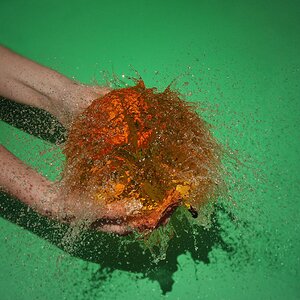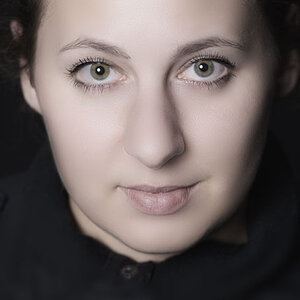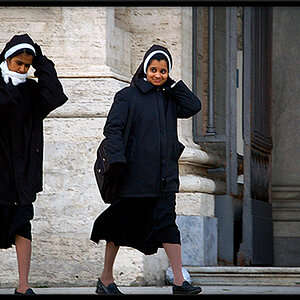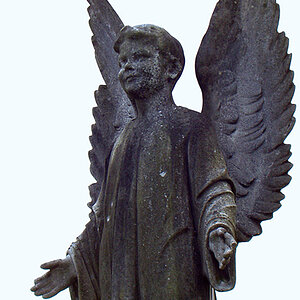- Joined
- Mar 8, 2011
- Messages
- 25,157
- Reaction score
- 9,010
- Location
- Iowa
- Website
- pixels.com
- Can others edit my Photos
- Photos NOT OK to edit
I'm with Ron on this one.
"Professional" does not mean "I own ALL the equipment necessary to produce ANY type of photo imaginable".
How often does a wedding photographer need to shoot a macro at 10:1? Does a studio-based portrait photographer really need an 800mm/f.5.6? If shooting wildlife out in the sticks is what puts a roof over your head, what good is a fisheye lens?
"Professional" does not mean "I own ALL the equipment necessary to produce ANY type of photo imaginable".
How often does a wedding photographer need to shoot a macro at 10:1? Does a studio-based portrait photographer really need an 800mm/f.5.6? If shooting wildlife out in the sticks is what puts a roof over your head, what good is a fisheye lens?






![[No title]](/data/xfmg/thumbnail/39/39480-e4e26ffe5c6148262ac81eff975a5c0e.jpg?1619739047)
![[No title]](/data/xfmg/thumbnail/42/42494-ba608b57b09b00c0ee005a2360a510f5.jpg?1619740198)

![[No title]](/data/xfmg/thumbnail/32/32953-da4fe78e854d5dbe210d58591ccf42d4.jpg?1619735787)





